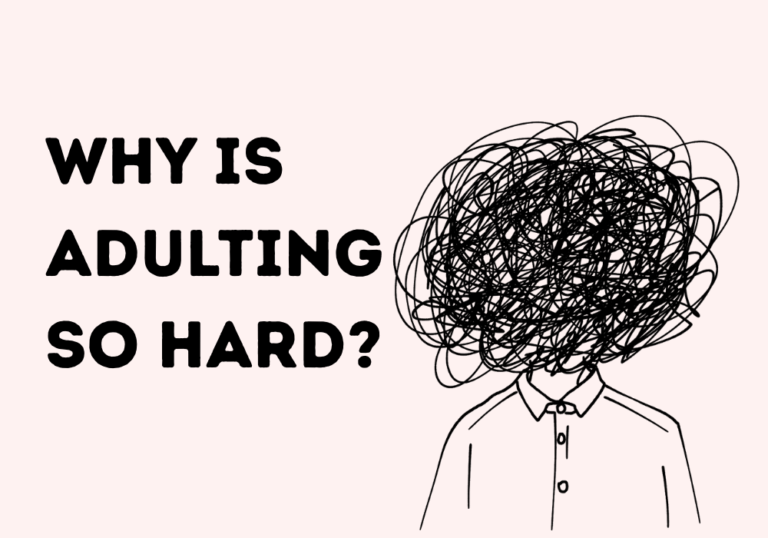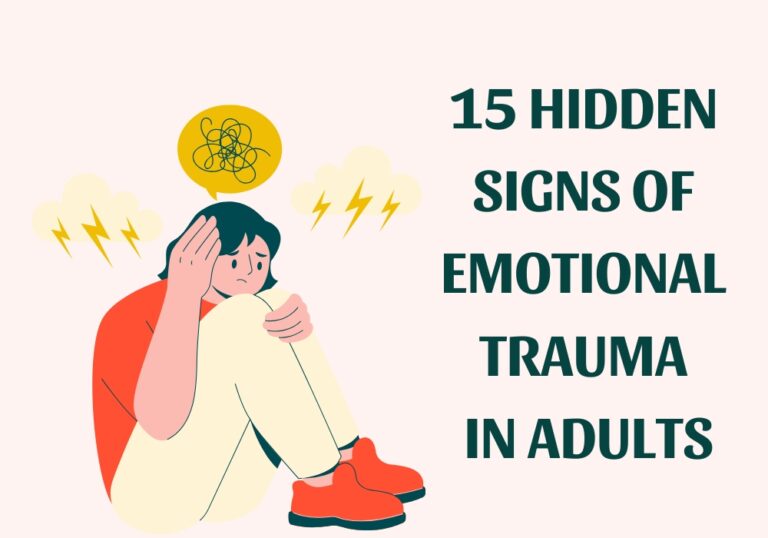How You Can Overcome Insomnia ?
Insomnia can leave you tired during the day and can have an effect on both your physical and emotional health. If your body doesn’t get enough rest, it can affect your mood and ability to concentrate. You may also be at higher risk for conditions like depression , obesity, heart disease…
If you suffer from insomnia, there are many steps you can take to change your behavior and lifestyle to help you fall asleep better.
Here are some tips, strategies for overcoming insomnia .
1-Develop a bedtime ritual :
Having a relaxing routine every night can signal your body that it’s time to unwind and prepare for sleep.
For example Taking Bath, reading for 30 minutes each night can also bring you great benefits, or meditation .All of that can help you Calm down before bed.
2-Exercise earlier in the day:
Being active during the day can help reduce stress hormones that often keep us up at night. Regular exercise additionally promotes deeper, more restful sleep. be sure to wrap up your workout at least three hours before bedtime. This gives your body ample time to relax, allowing your heart rate, body temperature, and adrenaline levels to drop.
3-Checking the Clock Increases Anxiety:
One of the worst things you can do when you’re having trouble falling asleep or staying asleep is checking the clock. Watching the seconds, minutes, or hours pass when you’re wide awake can cause a lot of anxiety that won’t help you sleep better. Avoid the temptation to check the clock. Rotate the clock so you can’t see the screen.Instead, do something productive to pass the time and make you sleepy. Read a book, get up and do light chores around the house, or have a cup of tea (decaffeinated) or warm milk to help you fall asleep. Anything you can do to distract yourself and pass the time when you can’t fall asleep helpful.
4-Identify the underlying factors that contribute to insomnia:
Sometimes your insomnia is associated with something else.If you can identify the cause, that cause can be treated. If you have had a traumatic experience, if you are under a lot of stress, or if you have a physical health problem, all of these can lead to insomnia.Talk to your doctor if you’re not sure if any of these apply to you but think something similar could be causing your insomnia.
5-Pay attention to your circadian rhythm:
Going to bed and waking up at the same time every day, even on weekends, can help you get a good night’s sleep. Maintaining a sleep schedule facilitates your body have a consistent sleep-wake cycle.
Over time, this will help you get to sleep quickly and sleep soundly all night. Another way to optimize your sleep pattern is to get enough sunlight after you wake up in the morning.Go outside without sunglasses and spend 5-30 minutes in the sun to tell your brain to wake up. Early morning sun exposure also increases melatonin production.
6-Turn the lights for better sleep:
Bright indoor lighting inhibit the production of melatonin, the hormone that helps you fall asleep. Set the dimmer switches on the indoor lights and turn down the light levels in your home at least 2-3 hours before bedtime. If you enjoy reading before bed, read with a low-wattage bulb to avoid exposure to light conditions that make it difficult to fall asleep and ruins your sleep schedule.
7-Limit activities in bed:
The bed is for sleeping, period. If you suffer from insomnia, you should not balance your checkbook, study, or make phone calls, for example, in bed or even in the bedroom, and avoid watching TV or listening to the radio. All of these activities can increase alertness and make it harder to fall asleep.
8-Avoid Caffeine, Nicotine, and Alcohol:
Coffee,cola, tea and other caffeinated drinks are stimulants. If you drink them in the late afternoon or early evening, you will not be able to fall asleep at night. The nicotine in tobacco products it’s another stimulant that can interfere with sleep. Alcohol also prevents deeper sleep stages and often causes awakening in the middle of the night.
9-Nutrition:
What you eat and drink can also affect the quality of your sleep. Eating a healthy diet has many benefits, but make sure you don’t eat large meals a few hours before bed. One of the most popular remedies for insomnia is drinking warm milk or chamomile tea before bed. Both are believed to have effects on the brain that facilitate sleep.
10-limit naps:
While naps may seem like a great way to catch up on missed sleep, it is not always so. It’s important to establish and maintain a regular sleep pattern and practice associating sleep with cues like darkness and a consistent bedtime.
Napping can affect sleep quality.
Related ⬇








